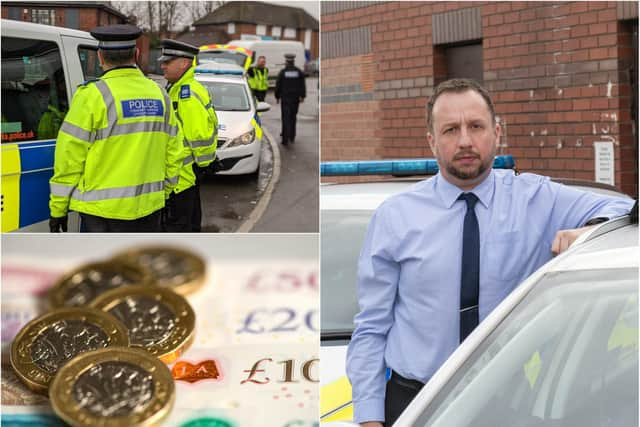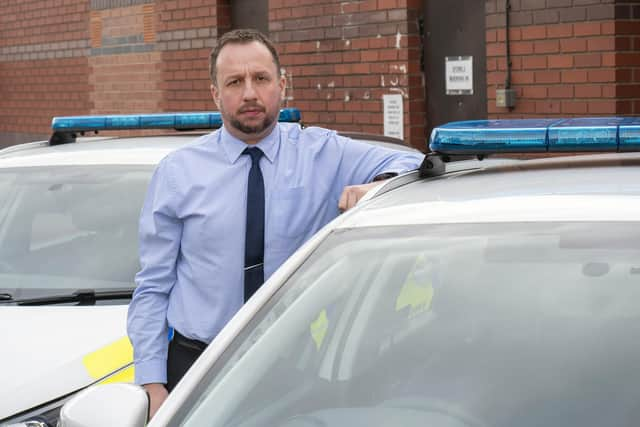South Yorkshire Police Federation hits out at plans for officers to tackle noise nuisance
and live on Freeview channel 276
The idea was mooted in the Government’s Levelling Up white paper, published this week in the ‘restoring pride’ section.
The report reads: “Police officers will also gain the power to deal with noise nuisance.”


Advertisement
Hide AdAdvertisement
Hide AdNoise nuisance is an issue which is traditionally dealt with by local councils.
Police Federation Chairman, Steve Kent, said: “Sadly policing over the years has already become the only organisation who can’t say no to dealing with what is often in effect issues that are responsibility of other agencies.
“I sympathise with local authorities who have endured cuts as well as ourselves, but we cannot continue to maintain what we do as well as taking on additional responsibilities outside of what policing should be about.
“We have already seen that policing does and is expected to support our overburdened colleagues in the NHS and social services sector. Are we now going to be dealing with noise complaints and low level neighbour disputes as well?


Advertisement
Hide AdAdvertisement
Hide Ad“The public really needs to ask themselves what they want from the police? If crime and protecting the vulnerable is our priority then we should be left to focus on exactly that.”
The Levelling Up plan is aimed at improving opportunities for all across the country.
The white paper includes 12 national levelling up missions that will be given status in law to shift Government focus and resources to ‘Britain’s forgotten communities throughout the 2020s’.
South Yorkshire Police and Crime Commissioner, Alan Billings, said he welcomes the report, but recognises flaws in the plans for policing.
Advertisement
Hide AdAdvertisement
Hide AdMr Billings said: “I welcome the aspiration of the Levelling Up agenda and the recognition by the Government that there are serious gaps between richer and poorer parts of the country which the Government has presided over for the past decade.
“The UK now has the biggest regional inequalities of anywhere in Europe. I note that one of the 12 ‘missions’ of the agenda is to see by 2030 reductions in crime, particularly homicide, serious violence and neighbourhood crimes.
“I believe this is an important objective because no company or individual will want to locate or invest in parts of the country where there are high levels of crime.
“However, there are two serious flaws in what the Government is proposing as far as policing is concerned.
Advertisement
Hide AdAdvertisement
Hide Ad“First, part of the plan is to increase police numbers nationally by 20,000, but this only returns police strength to where it was in 2010, because for the past 10 years we have seen a relentless levelling down.
“During this time, as police numbers fell, criminal gangs were able to establish themselves and expand their illicit drug markets and this requires a lot of police resource to tackle.
“Nevertheless, I welcome funding promised for work on drugs. Second, if crime and anti-social behaviour is to be reduced it will need other public services to be properly funded and supported as well, especially local authorities.
“A lot of police time is spent dealing with young people who go missing from private children’s homes or who get into trouble because have nowhere to go in the evenings or weekends or who have poor or no chances of a decent job.
